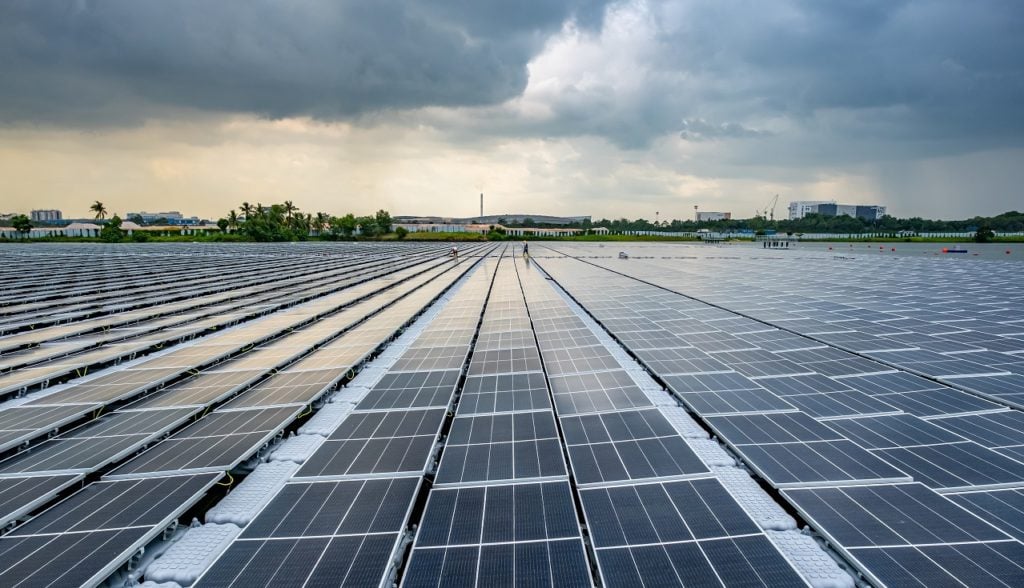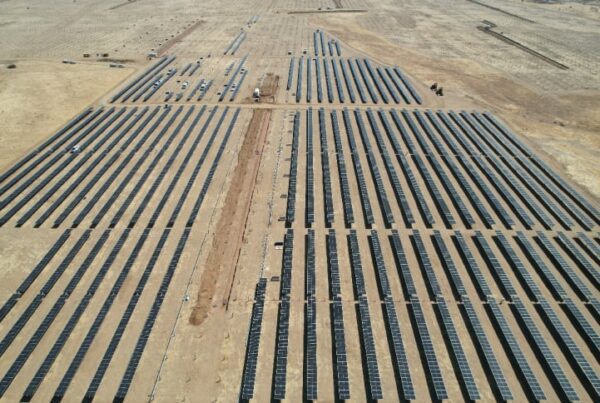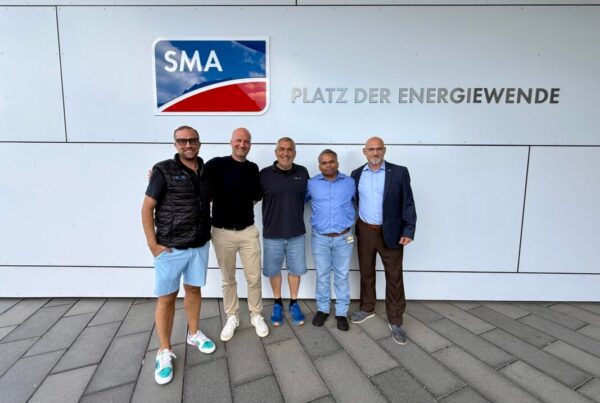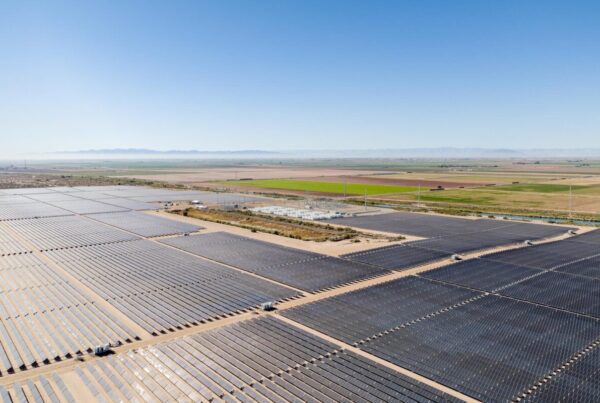
Analysts have flagged concerns over a lack of clarity from Indonesia’s government related to power exports, potentially spelling trouble for project developers looking to transmit renewables generation from the country to neighbouring Singapore.
Singapore announced plans last October to import up to 4GW of low-carbon electricity by 2035 – constituting around 30% of the city-state’s electricity supply – leading to a host of consortiums unveiling ambitions to deploy solar plants in Indonesia as part of the initiative.
While Indonesia and Singapore signed a memorandum of understanding in January focused on energy cooperation, including the development of solar projects and cross-border electricity interconnection, Indonesia’s investment minister, Bahlil Lahadalia, has since said the country will not export renewables generation.
“We haven’t thought about exporting [renewable energy] yet,” he said in May, with local media reporting earlier this month that he said the country will prohibit the export of clean electricity.
“If you’re asking me whether this is something to be of concern to the developers, I think it is,” said Elrika Hamdi, an energy finance analyst at thinktank the Institute for Energy Economics and Financial Analysis.
“I think it is still being discussed heavily” by developers that have submitted applications to Singapore’s Energy Market Authority (EMA), she added.
Among the companies bidding to export power to Singapore include local developer Sunseap, which is leading a consortium that plans to develop 7GWp of solar PV and 12GWhr of energy storage systems at an Indonesian archipelago.
Another consortium includes developers ib vogt and Quantum Power Asia, which hope to construct a 3.5GW PV plant and 12GWh of energy storage in Indonesia that will export electricity to Singapore via a subsea cable.
Daniel Kurniawan, a solar analyst at thinktank the Institute for Essential Services Reform, said there has been a change in Indonesia compared to last year, when there were announcements related to joint development agreements with Singapore.
The current situation “is that the Indonesian government seems to be not giving clear certainty for these developments so that would be a major setback”, he said. “It remains to be seen what the development will be.”
Despite the uncertainty, Singapore’s EMA earlier this month issued its second request for proposals for electricity imports, having received 20 submissions through the first request to supply electricity from sources such as solar, wind, hydro and geothermal power from four countries: Indonesia, Laos, Malaysia and Thailand.
The authority said Singapore remains on track to meet its 4GW import target by 2035.






